Western Medicine and Colonial Punjab (1849-1901) is a discourse on health and disease which is central to the interaction between two medical systems, i.e. the western and the indigenous. During the heyday of Victorian imperialism, the imperialists believed that colonies existed for the benefit of the mother country. Since maximum exploitation of a colony depended on the sound health of its population, medicine came to be seen as contributing to economic efficiency. Hence, health and wealth in a colonial state became complementary to each other. Public health policy of the colonial government in the Punjab was based on the principles of remedy, prevention and hygiene. While engaged in tackling the menace of epidemics, the government also aimed at creating a wide market for allopathic medicine by training doctors in the western system of medicine. The vaids and hakims considered allopathy a needless intusion and fear of losing their cultural identity gained ground among the natives. The western and indigenous systems of medicine continued to co-exist, but ansolute supremacy of allopathy remained the aim of the colonial government throughout the colonial experience.
Western Medicine and Colonial Punjab: A Socio-Cultural Perspective (1849-1901)
Forever learning
Book:In stock
Free & Quick Delivery Worldwide
reviews
Bibliographic information
Title
Western Medicine and Colonial Punjab: A Socio-Cultural Perspective (1849-1901)
Forever learning
Forever learning
Author
Edition
1st. ed.
Publisher
Unistar Books Pvt. Ltd., 2013
ISBN
9789351132578
Length
xii+388p., Illustrations; Map; 23cm.
Subjects

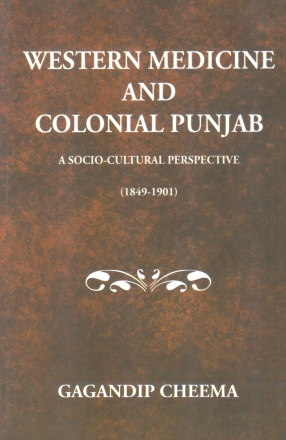
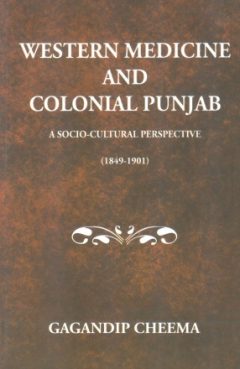
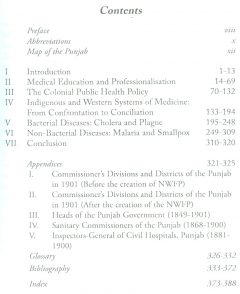



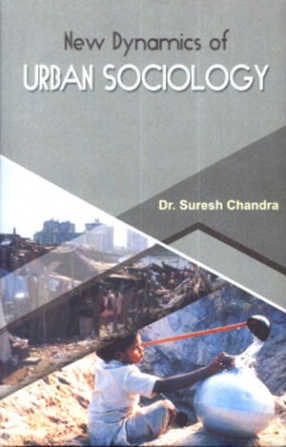
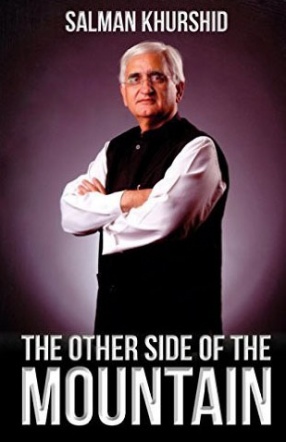

There are no reviews yet.